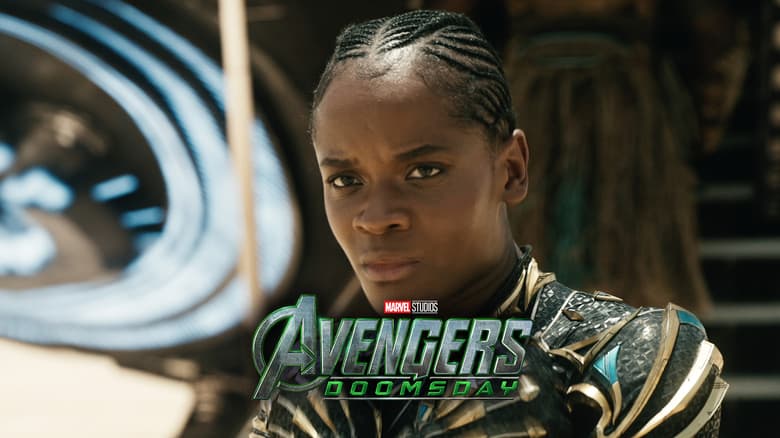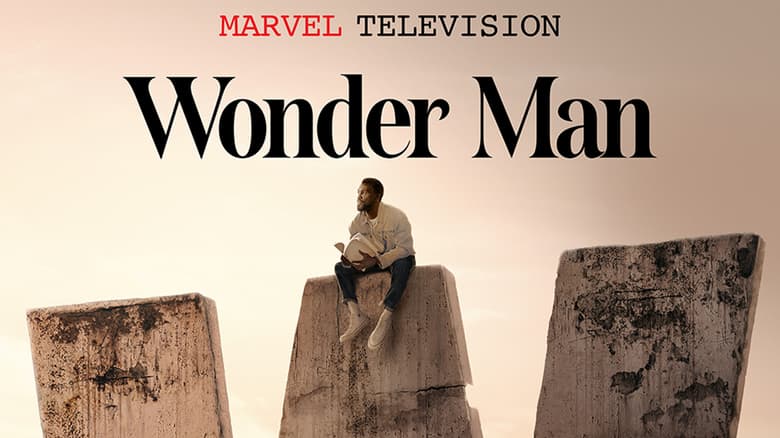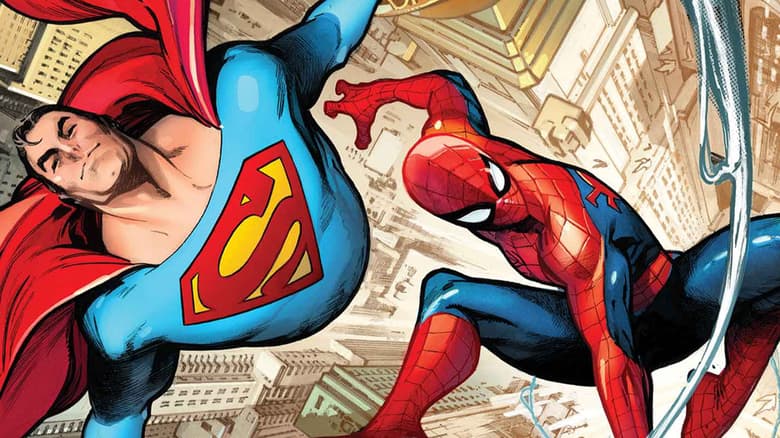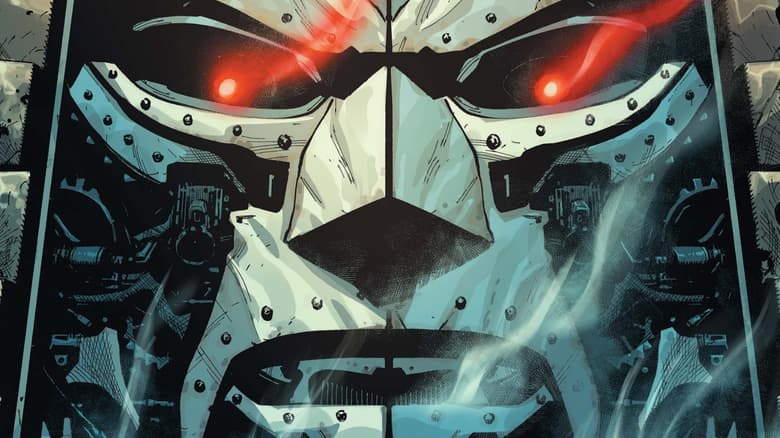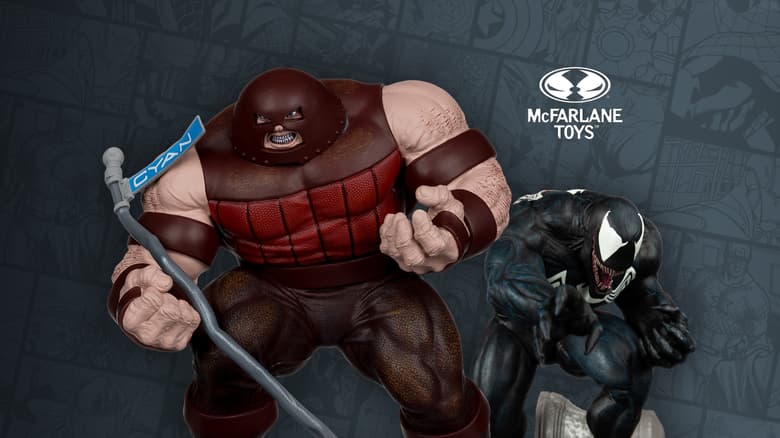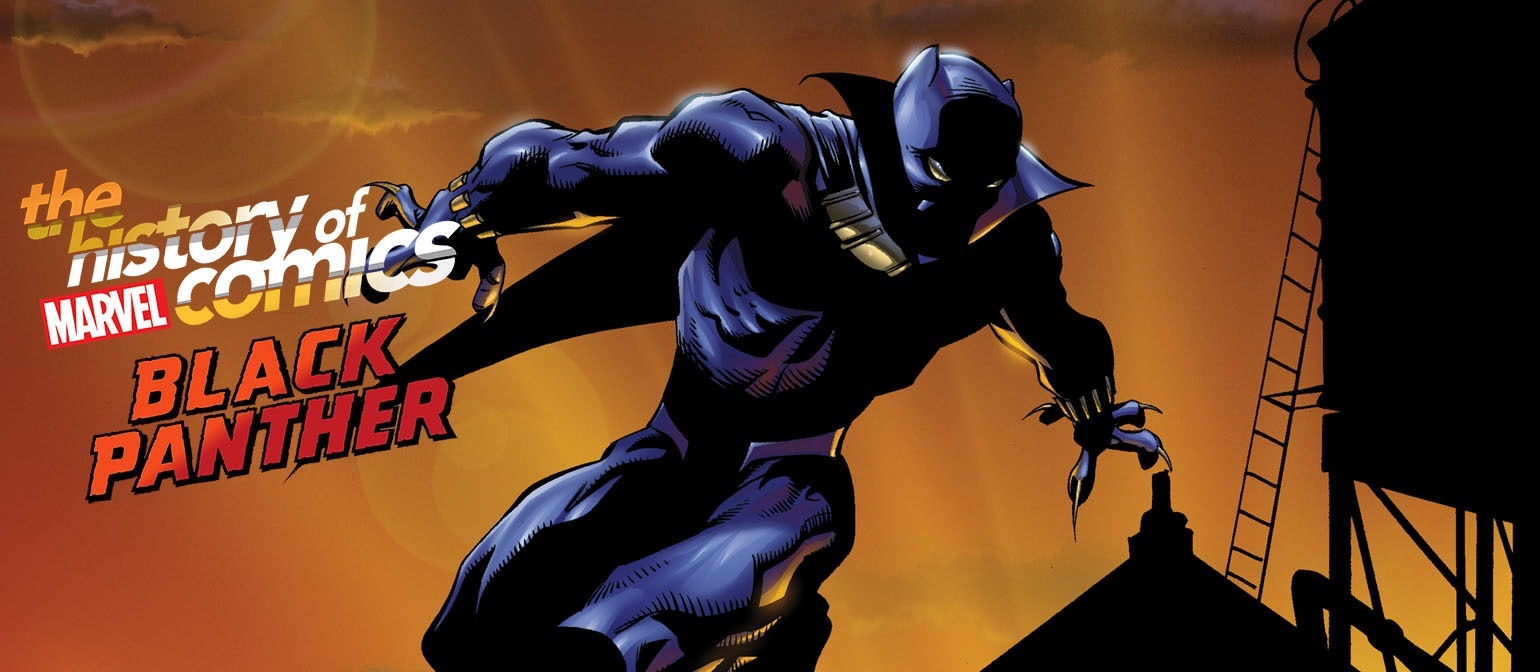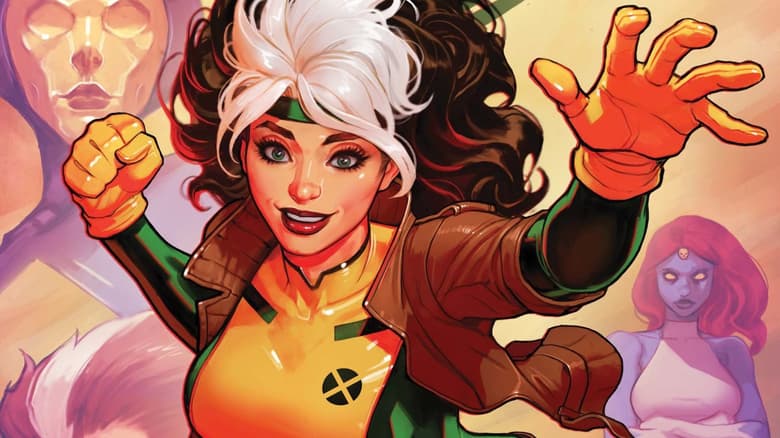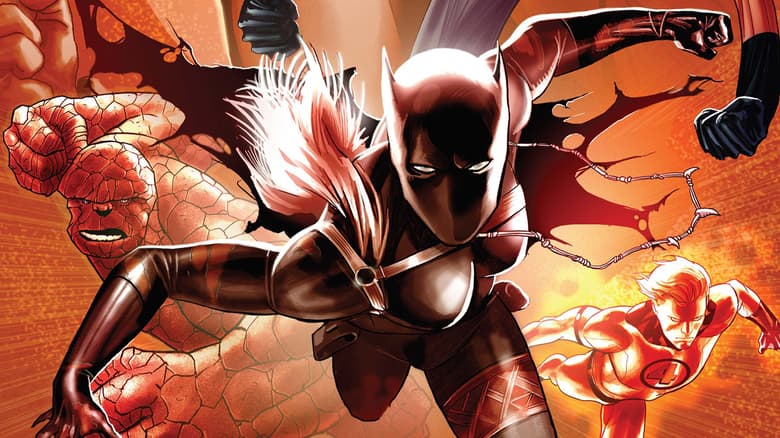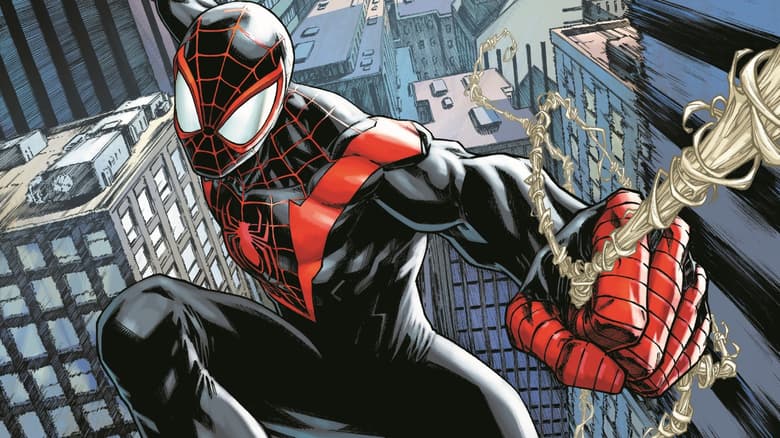Time for a Translation: T’Challa Steps into the Modern Marvel Age in ‘The History of Marvel Comics: Black Panther’ Podcast
Listen to the third episode now to hear from groundbreaking creators Christopher Priest and Joe Quesada on Black Panther’s ‘90s transformation.
In the third episode of podcast series The History of Marvel Comics: Black Panther, dive into pivotal series BLACK PANTHER (1998), an important turning point in T’Challa’s history that introduced a new sensibility, the return of classic characters, and even introduced the Dora Milaje.
This six episode documentary podcast is hosted by New York Times best-selling author Nic Stone, who explores the comic book origins of the Black Panther through conversations with the creators who shaped T’Challa’s journey, celebrating the innately Afro-Futuristic world of Wakanda, while analyzing the larger social impact of the character. Both new and lifelong fans will get a behind-the-scenes look in a definitive tell-all of how T’Challa came to be Black Panther, and how he and Wakanda have evolved since.
Listen to the third episode now featuring powerhouse Black Panther creator Christopher Priest, Marvel’s former editor-in-chief and Black Panther artist Joe Quesada, comics creator and critic Evan Narcisse, and comics journalist Karama Horne on what made this decade of Black Panther a defining one.
Grab our top highlights here, and read the companion comics discussed in the episode on Marvel Unlimited!
ON CHRISTOPHER PRIEST’S ENTRY INTO COMICS:
CHRISTOPHER PRIEST: So I went to a journalism school in Manhattan, and at that time in the late '70s they had a New York City high school internship program. And I signed up for, I think, four or five law firms, and Marvel Comics, because I saw Marvel on the list, and I went, oh, why not, you know? And ironically, I was a very reckless and irresponsible 17-year-old, you know. So, I blew off all of the law school interviews. I just pulled a no-show. But Marvel, oh, no, I'm going to that one. And I went to that interview, and I started there as an intern in 1978. I interned for a semester, and then right after that, I started picking up freelance work as a proof reader.
NIC STONE: By 1984, he'd worked his way up to a full time editor gig.
CHRISTOPHER PRIEST: They created a position that didn't exist for me, and I think that I may be [one of the first] African-American editors to ever work in the comics business.
NIC STONE: 11 years later, Marvel was bankrupt, and [the Marvel Knights imprint] had made some promising claims. The industry was waiting with bated breath. Would Black Panther, The Inhumans, The Punisher, and Daredevil bring Marvel back from the brink? Who would be on the creative team? Everybody wanted dibs, including Priest.
CHRISTOPHER PRIEST: I was all geared up for Daredevil, because that's one of my favorite characters, and I couldn't wait to get my hands on him, and my hooks in him.
NIC STONE: And the call finally came in 1998, but for a different character.
CHRISTOPHER PRIEST: And the guy said, Black Panther, and I went, “Who? What? Who? What?” No offense to anybody else, but the character had kind of languished. After a while, he was just kind of this guy in the back row of the Avengers. He was a character I was reluctant to write, not because I didn't like the character, but because it's such an uphill battle. At the time it was such an uphill battle to sell a Black character through that system.
ON CREATING THE DORA MILAJE:
CHRISTOPHER PRIEST: Wakanda is held together by a very carefully crafted alliance among these tribes, represented visually by the Dora Milaje.
NIC STONE: The Dora Milaje are also called the “adored ones” in the series.
CHRISTOPHER PRIEST: T'Chaka had forged an alliance among the tribes, represented by the nuns, the religious order of the Dora Milaje. They represent the warring tribes, and they each nominate a representative to be, sort of, this you know, wives in training.
NIC STONE: T'Chaka is T'Challa's father, just in case y'all didn't know. T'Challa's Dora Milaje are Nakia and Okoye, two young women who represent their respective tribes as the Black Panther's security detail, and also wives in training. Yeah, not great, but I actually want to pivot to Nakia's replacement, Queen Divine Justice, a name that gets me every time. A wisecracking activist from Chicago, who T'Challa randomly decided to make his new Dora Milaje. But, OK, we know nothing is actually random with T'Challa...
ON BLACK PANTHER AS A KING VERSUS A SUPER HERO:
EVAN NARCISSE: It's a psychological exploration of the man. We're not getting the T'Challa who talks a lot. We're getting a T'Challa who talks very little, and does not tell you why he's doing what he's doing. So a lot of people are left in the dark, including the reader, but I thought that was just a great choice to pull you along. He's not doing this to be a jerk, you know. He's doing this because there's a whole history embodied by the Panthers that he has to protect and preserve.
NIC STONE: But at what cost? Throughout the entire series, T'Challa breaks these expectations people have of him. As a hero, a King, even as a fiancée. And at face value, he seems OK with the bridges he's burned for the sake of Wakanda's greater good. But in his quieter moments, we see the truth.
EVAN NARCISSE: My own personal interpretation of T'Challa is somebody that feels like he's been thrust into this role. He has to perform it. That man's heart is a vault. It's locked away, and you only see it a few times in the run, and when you do, it's heartbreaking. But like, if he had his druthers, if he could do what he wants to do, he'd be like, you know, in a lab, or out in space somewhere.
CHRISTOPHER PRIEST: I think what I brought to the character was just a sense of his competence, his power, and giving the character some gravity. To say this guy is a King, treat him like one, you know. This is a guy who is an immensely powerful person in the Marvel Universe.
ON PRIEST’S LONGSTANDING STAMP ON THE CHARACTER:
KARAMA HORNE: Who is going to tell a story about Black people based in reality better than Black people? I think Christopher Priest's larger contribution to Black Panther is creating a lasting legacy with a character from an African country, and codifying it in a way that really resonated with Black people, and still is popular with white people.
NIC STONE: And lastly, from the man himself. What would you say is T'Challa's legacy, and how do you feel like you added to it?
CHRISTOPHER PRIEST: That's a good question. I think T'Challa's legacy has to be that he is certainly not the first Black comic book Super Hero, but he might be the greatest. And that's probably always been true, and I think that through a succession of creative talent, they have sort of catapulted him into rare air. He is recognized universally like Spider-Man in households that maybe never read a comic book, or don't really subscribe to Super Heroes.
And Black Panther was never funny. I will take credit. I like to share credit for Black Panther. He's had many fathers, particularly Don McGregor, who was overlooked way too many times. But the thing I will take credit for, I'm the first person to make that comic book funny. And too often, the comic is not funny, and it's like, I think the humor really helped us tell the stories, and teach the lessons that we wanted to teach.
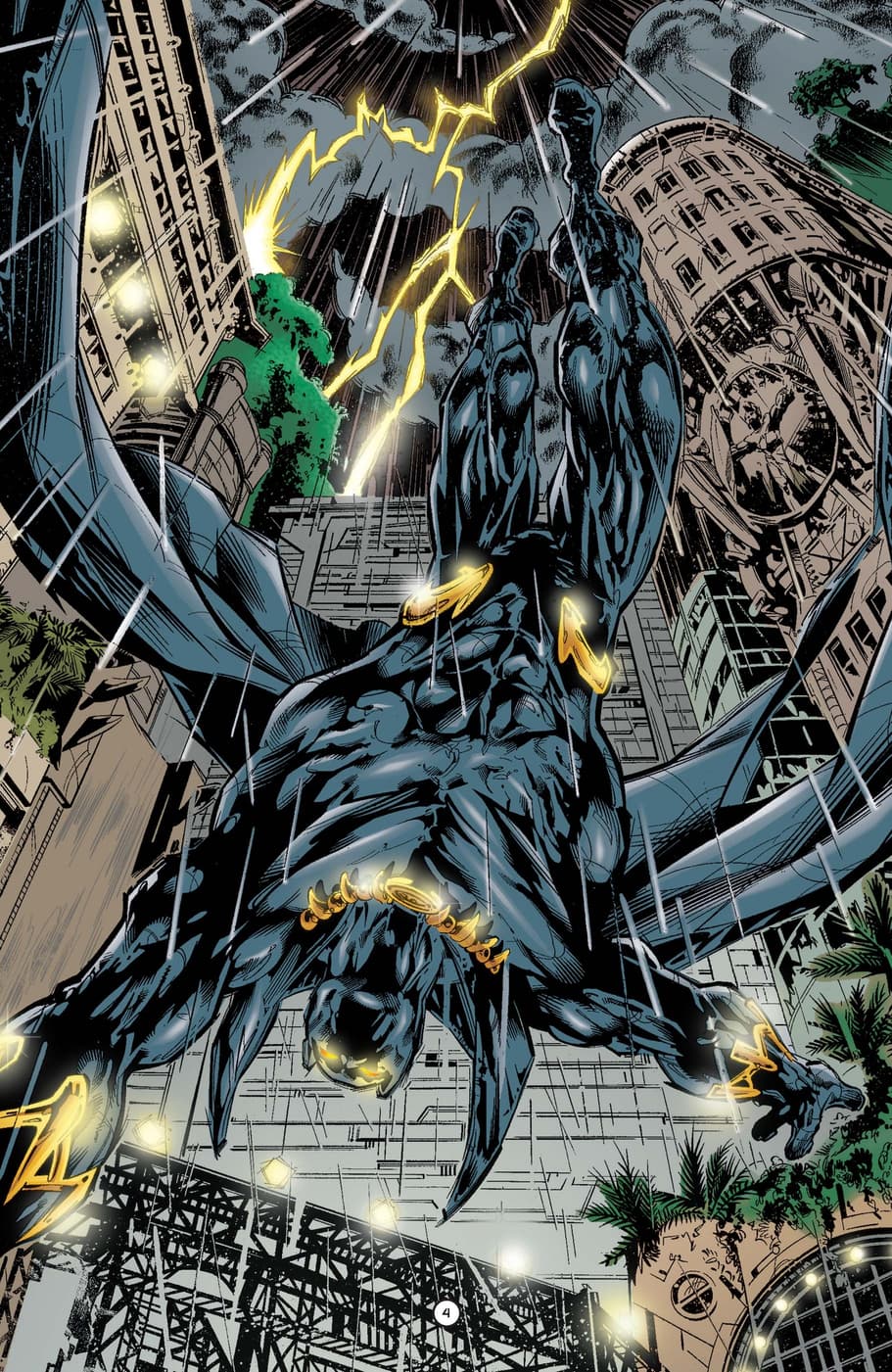
The History of Marvel Comics: Black Panther brings writers, artists, and historians together to share a story that only Marvel can tell. The show features exclusive interviews with notable talent including Brian Stelfreeze, Joe Quesada, John Ridley, John Romita Jr., Reginald Hudlin, Ta-Nehisi Coates, and more.
The series will initially be available exclusively on the SXM App and Marvel Podcasts Unlimited on Apple Podcasts. Episodes will be widely available one week later on Pandora, Stitcher, and all major podcast platforms in the U.S. Learn more at siriusxm.com/blackpanther.
The Daily Bugle
Can’t-miss news and updates from across the Marvel Universe!
